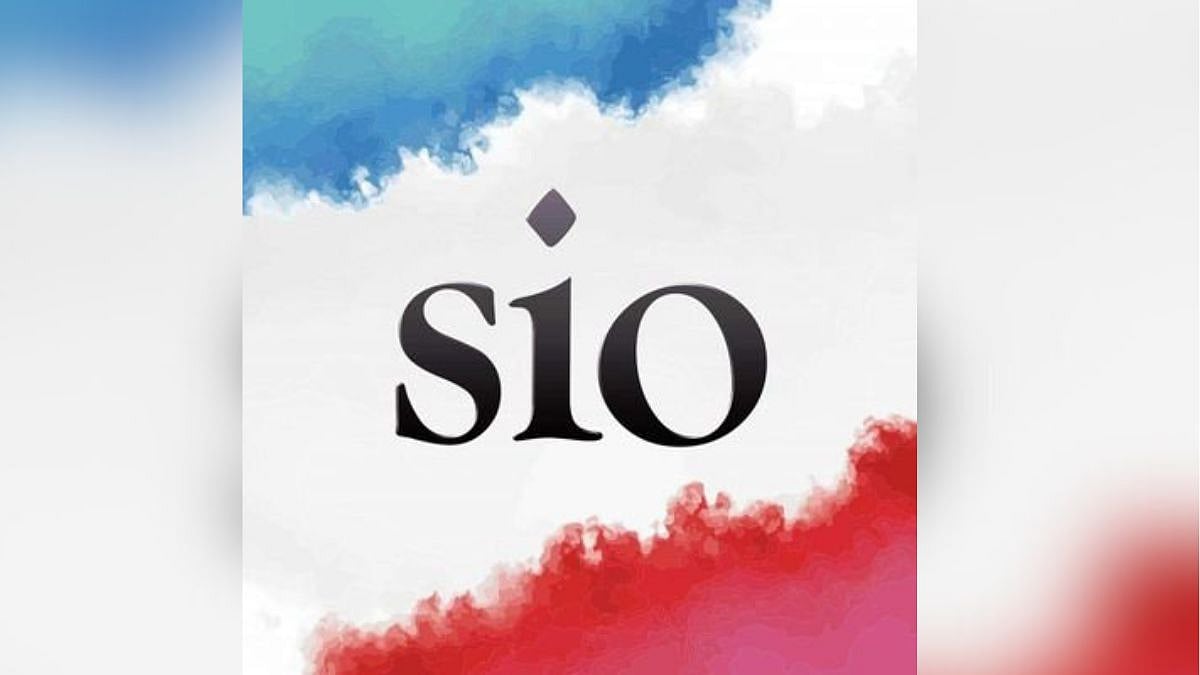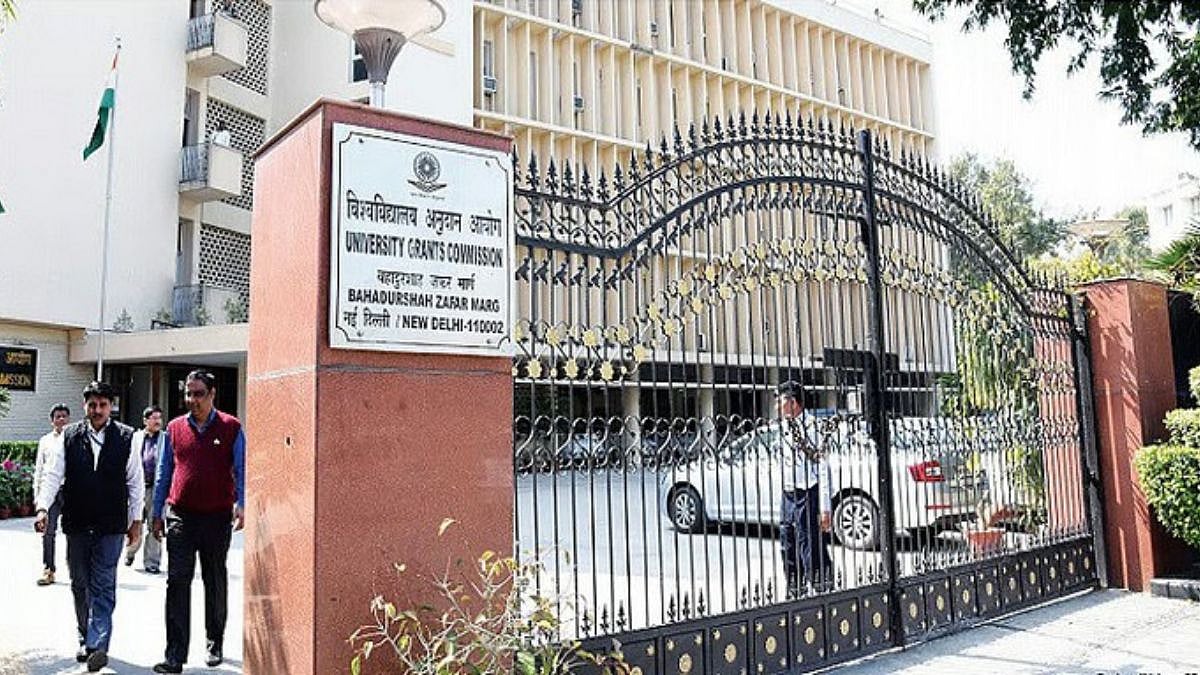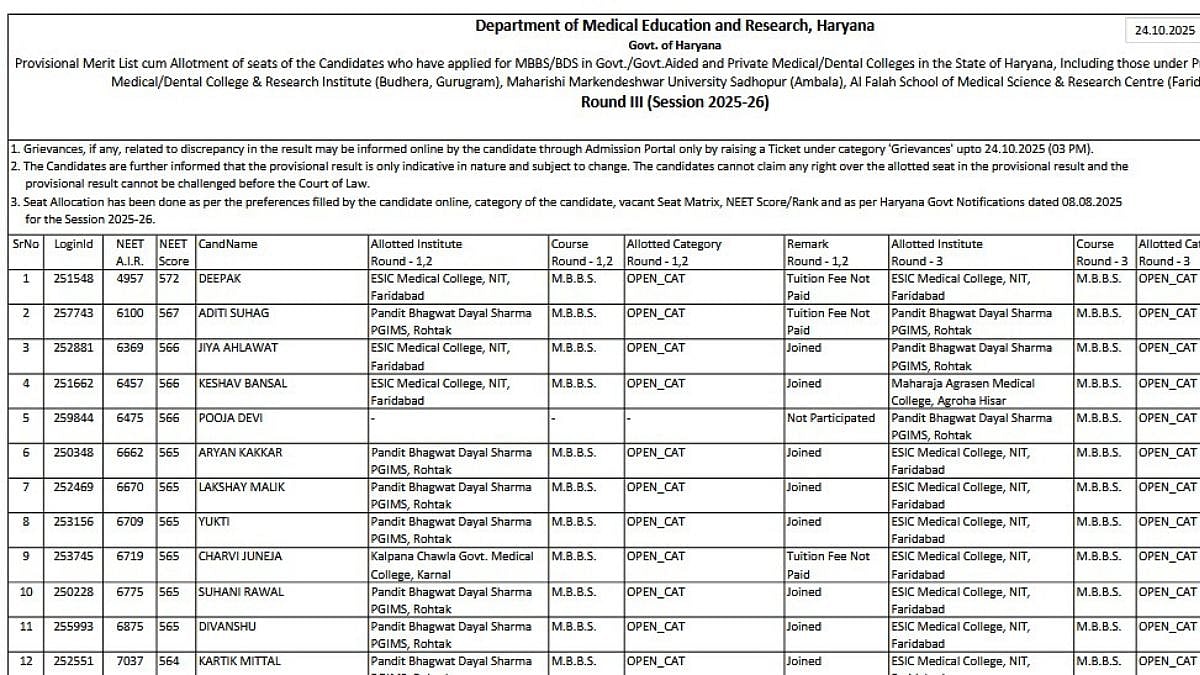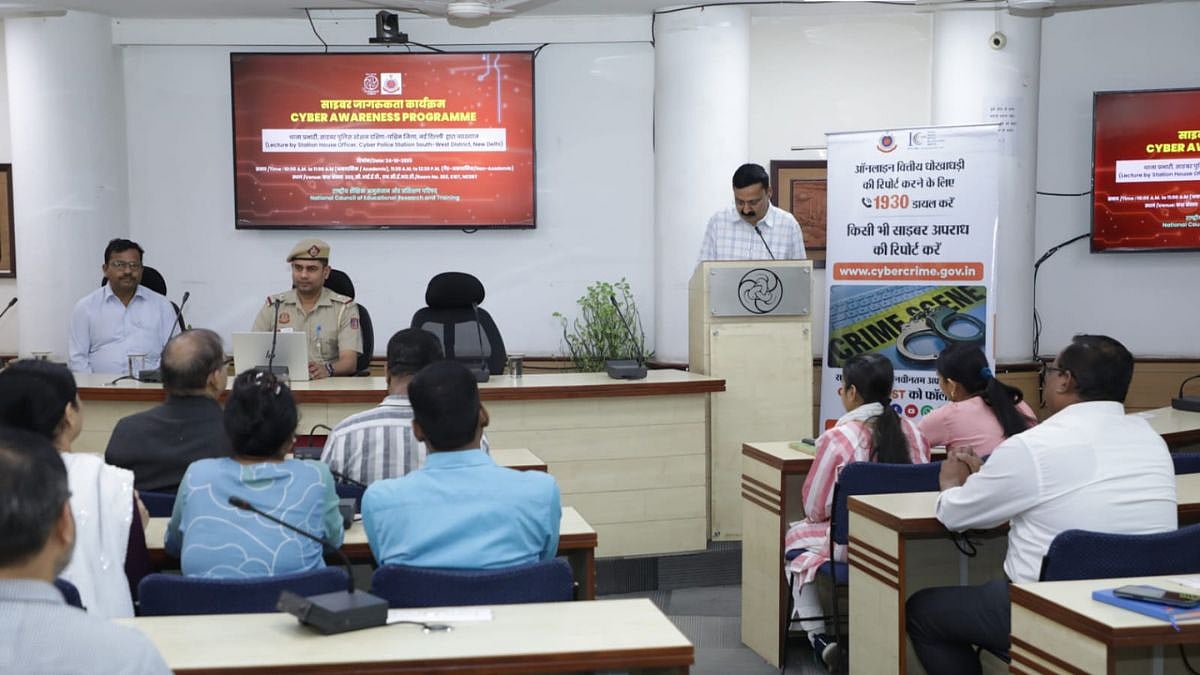While upholding the validity of the 103rd constitutional amendment, which provides up to 10 percent reservation to the economically weaker sections (EWS) among non-OBC and non-SC/ST communities for admissions to educational institutions and government jobs, the Supreme Court with a majority of 3:2 ruled that the EWS quota does not violate the basic structure of the constitution.
While Justice Dinesh Maheshwari, Justice Bela M Trivedi, and Justice JB Pardiwala ruled in favour of the quota, Justice S Ravindra Bhat and outgoing Chief Justice UU Lalit dissented.
With the jury being out on the decision made by the apex court, students, academicians, professionals, lawyers, and activists, have delved into the matter.
SC decision on EWS quota pro-poor?
Pranav Jeevan is a Ph.D. candidate at IIT Bombay and a member of Ambedkar Phule Periyar Study Circle (APPSC), which aims to highlight several issues of anti-caste discrimination. Jeevan, who has played a part in highlighting instances of such incidents in India’s premier institution, believes that the justifications for the decision fall flat. “The idea of the decision being pro-poor is in my opinion misrepresented in media as OBC quota is also catering to the poor which is not mentioned by the same,” said Jeevan, who believes the decision now sets a precedent wherein future cases of reservation will be looked from an economic perspective rather than a social one.
While giving his dissenting opinion, Justice Bhat made an observation that though giving reservation on the basis of economic criteria is not violative of the constitution, “by excluding the poor among SC/ST/OBC from economically backward classes, the amendment practices constitutionally prohibited forms of discrimination.” Bhat as a result struck down articles 15(6) and 16(6) for being discriminatory and violative of the equality code.
Doubts over the income limit for EWS
The idea of Rs. 8 lakh being the income limit for EWS beneficiaries is baffling for some who cite The State of Inequality in India report released by the India arm of a global competitiveness initiative, the Institute for Competitiveness, which claims that ninety percent of Indians do not earn more than Rs. 25,000.
“The majority of the UC population would come under the purview of EWS if we look at the limit,” added Jeevan.
'History with caste discrimination can't be undone by EWS quota'
Some have pointed out that years of discrimination against the SC/ST/OBC population have not been considered while coming to such a decision. “Affirmative action to the disadvantaged population is based on thousands of years of history, it can’t be undone by making the policy rely on one’s economic condition,” said Raju Kendre, the Founder, and CEO of Eklavya NGO, which helps children from socially backward groups to attain education.
EWS could very well be a victim of bad policy making in India according to some individuals who think the cap on income doesn’t go far enough. “Given the corruption in the country, the new reservation category could be largely misused,” said Manisha Karne, who serves as the director of Mumbai University’s Dr. Babasaheb Ambedkar International Research Centre.
Affirmative action in government institutions and jobs specifically catered to people from disadvantaged backgrounds due to the dual burden of economic and social deprivation, according to Karne who argued that without institutional support, the private sector doesn’t employ that many individuals from SC/ST communities.
Reservation in private sector jobs now?
The calls for reserved quotas in the private sector received a boost after the Supreme Court’s decision, with the Communist Party of India saying that the “fight for reservation in the private sector must continue with even greater strength," on Tuesday.
Calls for caste census echo again
The caste census, which was last performed by the British in pre-independent India in 1931, aims to collect information on the numbers and percentages of scheduled castes, tribes, and other categories.
“If the 50% limit is not inflexible as mentioned by the court, a caste census should be done wherein we can look at an accurate proportion of caste population in India and the benefits they receive according to the same,” said Harjit Singh Bhatti, a medico and the ex-President at AIIMS Resident Doctors’ Association.
'Basic structure of Constitution not violated'
While delivering his opinion in favour of the EWS quota, Justice Maheshwari remarked that “basic structure can’t be breached by enabling states to make provisions for education. Reservations for EWS do not violate basic structure on account of 50% ceiling limit because ceiling limit is not inflexible,” contradicting a point made by some on social media and TV debates about the decision violating the basic structure of the constitution.
Seconding the position by Justice Maheshwari, Lawyer and President of India Wide Parents Association, Anubha Srivastava said that several amendments have been done previously in accordance with the constitution and this verdict is no different.
“Right to Equality for all is a fundamental right which should be respected and it doesn’t by any means violate the constitution’s basic structure,” said Srivastava, who added that reservation for EWS individuals should be the norm for the future too.
What happened when SC questioned Centre about EWS income limit?
When hearing a challenge to the EWS quota in the All-India quota for PG medical courses in October 2021, the Supreme Court questioned the government about how the Rs. 8 lakh benchmark had been attained. The Center informed the court that it will review the income requirement and formed a three-person team to do so.
The committee's report, which stated that the "level of Rs. 8 lakh of yearly family income, in the current situation, is fair for identifying EWS," was adopted by the government in January of 2022. But according to the committee, "EWS may...exclude, regardless of income, a person whose family has 5 acres or more of agricultural land." Additionally, the panel suggested that residential asset criteria should also be deleted from the quota.










